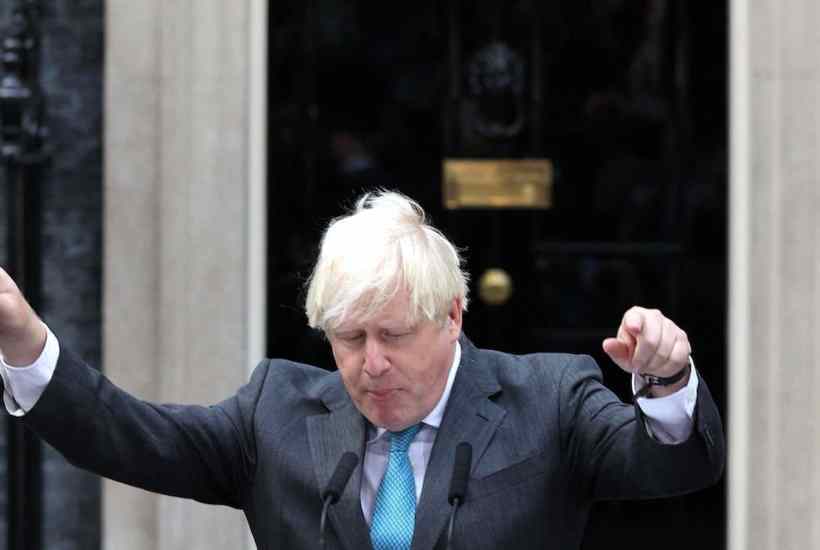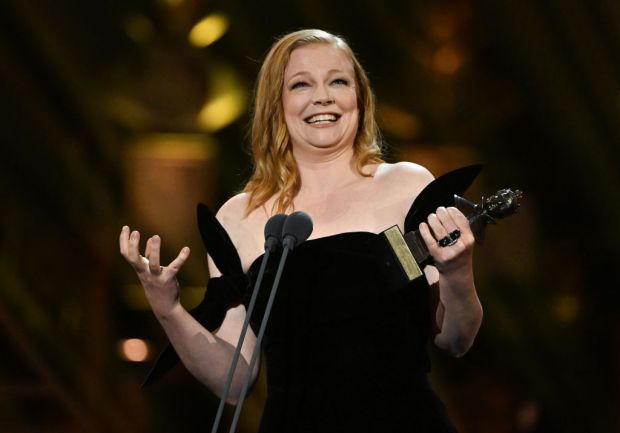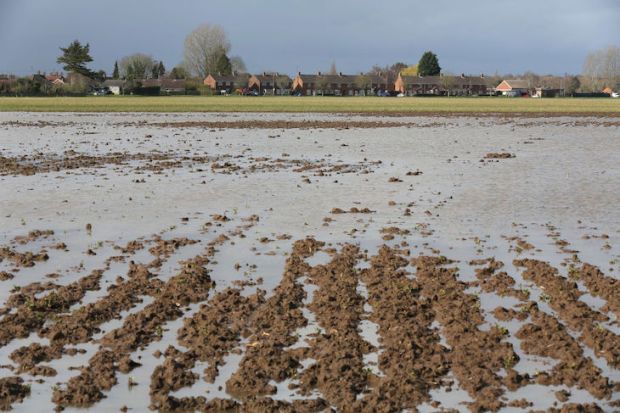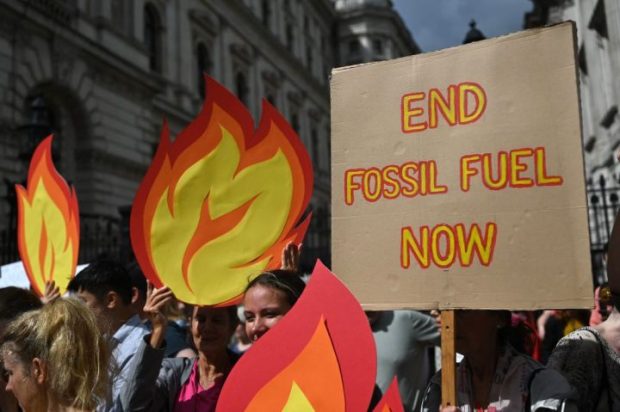Just what do you do with the rest of your life if, aged 58, you have been prised out of the biggest job in Britain? It is a question that Boris Johnson, having delivered his valedictory speech outside No. 10, is now having to answer. The possibility of him returning to Downing Street, as has been mooted by some supporters, is so unlikely that it can be dismissed. He said this morning: ‘I am like one of those booster rockets that has fulfilled its function and I will now be gently re-entering the atmosphere and splashing down invisibly into some remote and obscure corner of the Pacific.’ Yet for him to disappear from public life into obscurity seems too remote a prospect. ‘Like Cincinnatus, I am returning to my plough,’ he said, comparing himself to the old dictator of Rome. To what might he be returning? The Johnson plough, for the last quart century, has been furrowing itself into the nation’s consciousness.
Perennially short of cash in spite of enjoying a good income, it will be tempting for Johnson to take the Tony Blair or David Cameron route and to embark on an unseemly quest to enrich himself, using every contact he has made while in high office. Hopefully, it is a course that he will reject, not least given what has happened to the reputations of Blair and Cameron since they left office. In any case, there will be plenty of money to be made from speeches and writing. When even a wooden ex-prime minister like Theresa May can pocket over £100,000 for a speech – and nearly £50,000 for online events – Johnson’s native wit will surely propel him into a speaker’s super league all of his own. There is bound, too, to be frantic bidding for his political memoirs, as well as for other books.
But one can hope that amid a glittering post-Downing Street media career Johnson will not forget his erstwhile trade of journalism. It is through that medium that he will be able most effectively discharge what should be the duty of any ex-prime minister: dispensing insight and occasional, measured criticism of the government of the day, formulated through their own experience of having their hands on the levers of power. Some prime ministers have done this well, others badly and some have ducked out of it altogether – most notably David Cameron who cheated the country by scurrying away from Downing Street straight into the arms of Rex Greensill without so much as a by-your-leave. Sir John Major, with his occasional contributions to public policy, provides a better model for a departed prime minister. Or Tony Crosland, whose candid memoirs opened a curtain on the practice of government and by doing so helped improve it.
The term ‘elder statesman’ is inappropriate for Boris Johnson, a man who is still of working age – younger, indeed, than Theresa May was when she became prime minister. Nor is Johnson cut out to be the ‘back seat driver’ which Lady Thatcher was often accused of being – with much exaggeration. But if he returns to writing political columns, Johnson will be able to offer a unique insight into the realities of power.
In contrast to most former prime ministers, who enter Downing Street after spending years biting their tongues, eager not to upset their political masters while they climb the greasy pole, Johnson has a history of speaking his mind, courting controversy at every turn, caring little about upsetting leaders of his own party as he built a following in the country. What we – and the world – now need to know is: why, in office, did he transform himself into something so very different from Boris the columnist?
For over two decades, Johnson perfected his own brand of liberal conservatism. He consistently dug into Tony Blair’s illiberal tendencies over ID cards, ASBOs, detention orders, bans on everything from hunting to giving goldfish as fairground prizes. He railed against excessive regulation, whether it emanated from Europe or Whitehall. He never lost an opportunity to speak out against bossy government intervention on healthy eating and the like. Yet in office, this great critic of the nanny state turned, like a poacher-gamekeeper, into an autocrat. How ironic that the man who had told us that if ever asked for his ID card he would eat it in front of the official who demanded to see it would go on to become the prime minister who instigated vaccine passports and a Covid app. Worse, Johnson, who had railed against the over-reaction to mad cow disease, went on to become the prime minister who made it a criminal offence to meet with members of our own families, who dispatched police officers to clear the parks of sunbathers – and who wanted to send the country into a fourth lockdown last Christmas even though South Africa was indicating that the Omicron variant was causing a much-milder illness that wasn’t going to overwhelm the NHS.
It is possible that any British PM finding themselves under the pressure that Johnson was during Covid would have caved into advisers who were urging caution. Yet Johnson appears to have made little effort even to see the other side and weigh up the immense harms which would inevitably be wrought by lockdown. It could help to improve our system of governance if only we knew why he changed his mind so absolutely.
It would help the world if he would explain how he flip-flopped, too, on green energy and climate change, how he went from berating Tony Blair’s ban on fairground goldfish to coming up with the monster that is the animal sentience bill and how he went from standing up nobly for a free press to backing the Online Harms Bill, which threatens mass censorship by algorithm.
Johnson’s hero, Winston Churchill, went from prime minister to Nobel laureate for literature. Johnson may not himself land such an august award, but a second career as a writer surely beckons. The world will be a brighter place with his wit freed from the demands of power – and a wiser one if only we could understand how his liberal philosophy failed so miserably to translate into government.
Got something to add? Join the discussion and comment below.
Get 10 issues for just $10
Subscribe to The Spectator Australia today for the next 10 magazine issues, plus full online access, for just $10.





















Comments
Don't miss out
Join the conversation with other Spectator Australia readers. Subscribe to leave a comment.
SUBSCRIBEAlready a subscriber? Log in